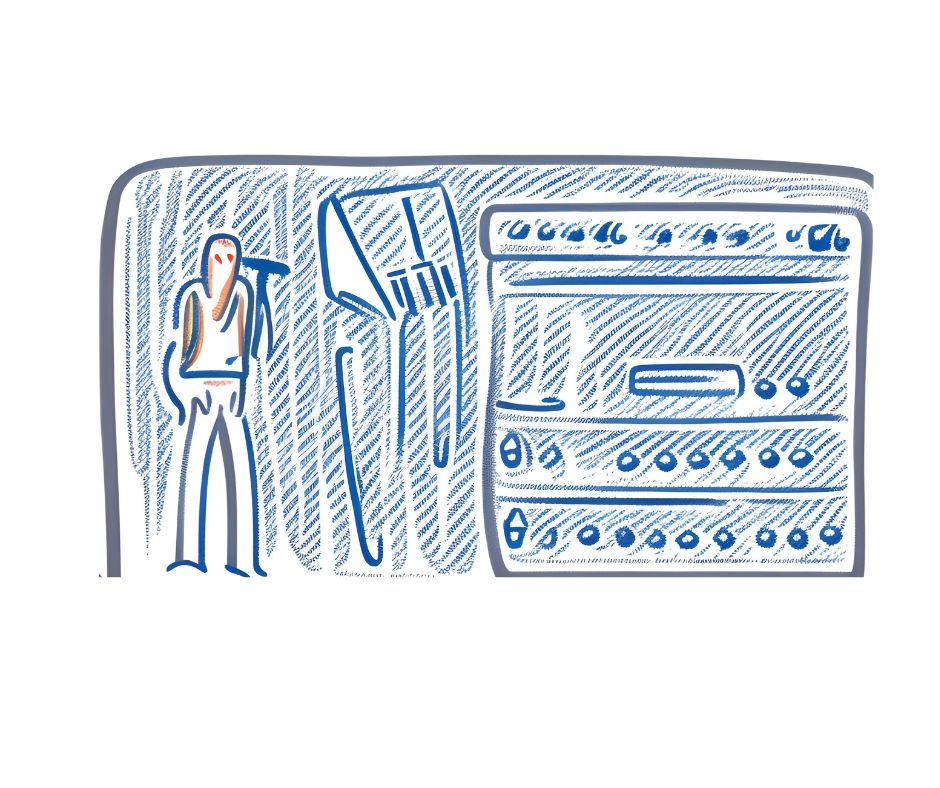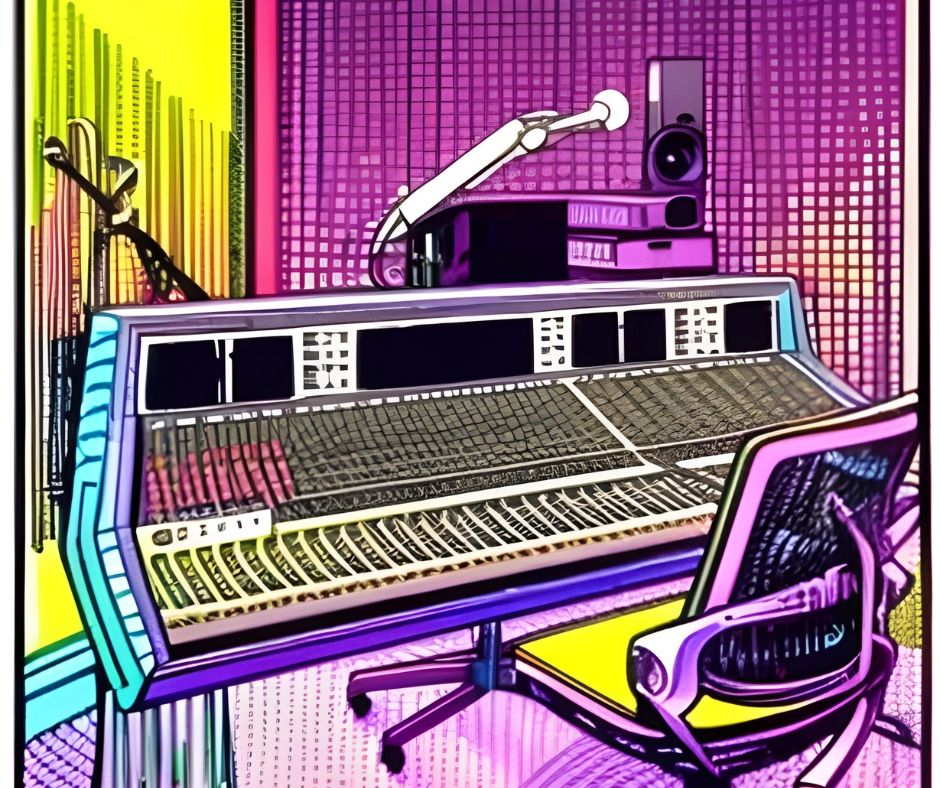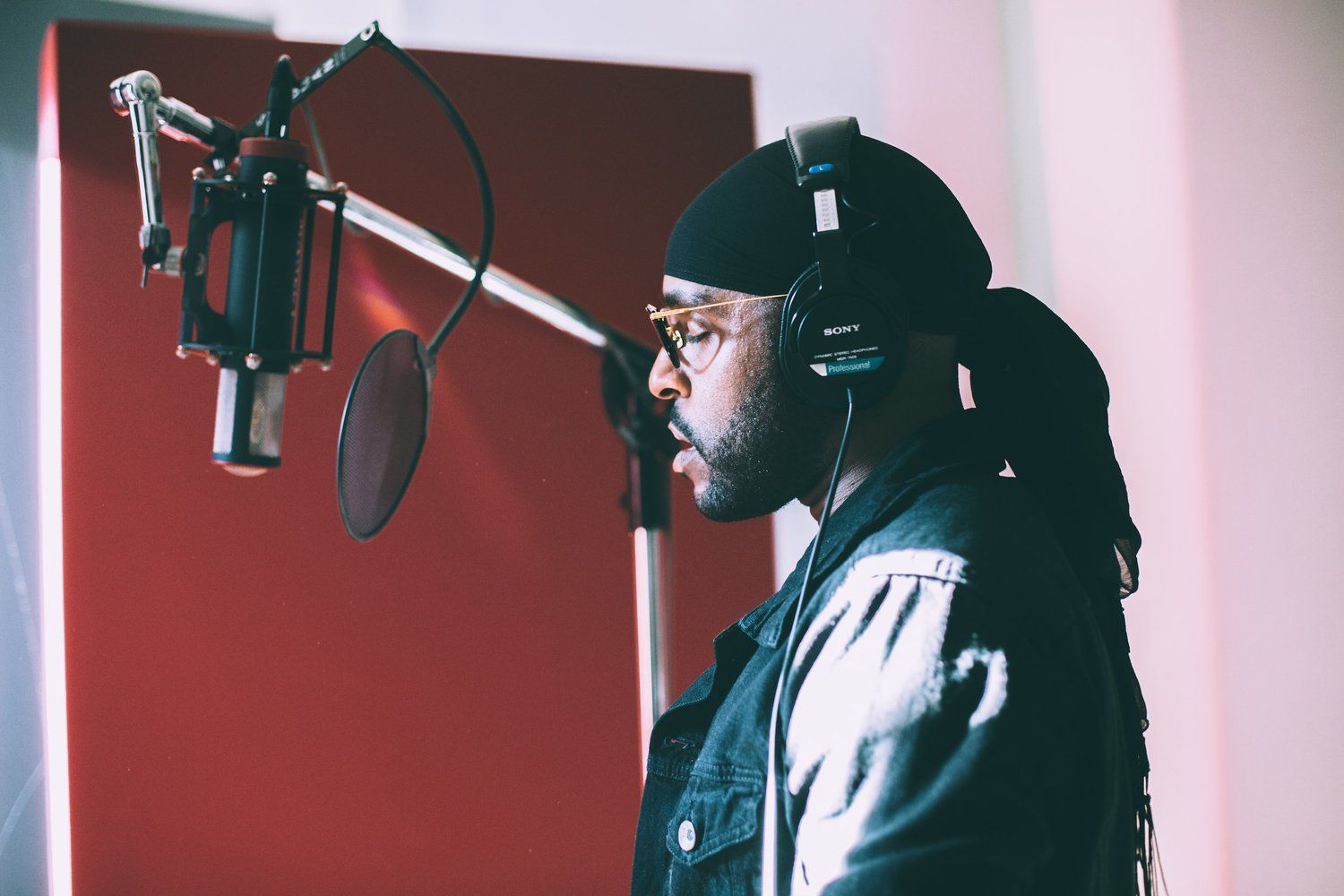5 Tips for Recording the Perfect Vocal Performance!

Are you a singer who wants to record the perfect vocal performance?
Do you struggle with pitch, tone, or emotion when you sing?
If so, you're not alone. Many singers face challenges when they try to capture their voice on a microphone. Don't worry, you're not alone!
As a fellow musician, I know how important it is to nail those vocals, so here are 5 secrets for recording the perfect vocal performance:
Warm up your voice before you record.
This may seem obvious, but many singers skip this step and end up sounding strained or flat. Warming up your voice helps you relax your vocal cords, improve your range, and prevent vocal fatigue.
You can warm up your voice by doing some simple exercises, such as humming, lip trills, scales, or singing along to your favorite songs. Many resources are available online. Look for reputable coaches. My favorite is Melissa Cross. She is know for metal, but her techniques are for all types of singing. Aim for at least 10 minutes of warm-up before you start recording.

Choose a song that suits your voice and style.
Not every song is right for every singer. You want to choose a song that showcases your strengths and hides your weaknesses. This is really key. Sometimes this can be hard to tell if you are stubborn like me and up for challenges! This is something you need to learn by trial and error.
For example, if you have a low voice, don't choose a song that requires you to hit high notes. If you have a soft voice, don't choose a song that requires you to belt out loud.
Choose a song that matches your vocal range, tone, and genre preference.
Use a good microphone and headphones.
The quality of your recording equipment can make a big difference in how your voice sounds. You don't need to spend a fortune on a professional studio setup, but you do need to invest in a decent microphone and headphones. You want to hear what you are doing clearly and without artifacts that can make you think you are doing something when you are not!
A good microphone will capture the nuances of your voice and reduce background noise. A good pair of headphones will let you hear yourself clearly and monitor your pitch and timing.
Avoid using your phone or laptop microphone and speakers, as they will distort your voice and make it harder to record.

Sing with emotion and expression.
One of the most important aspects of vocal performance is conveying emotion and expression. You want to make your listeners feel something when they hear your voice.
To do this, you need to sing with passion and conviction. Don't just sing the words, but sing the meaning behind them. Use dynamics, phrasing, and articulation to emphasize certain words or phrases. Use facial expressions and body language to communicate your mood and attitude. Sing as if you were performing live in front of an audience.

Have fun and be yourself.
The last secret for recording the perfect vocal performance is to have fun and be yourself. Don't try to imitate another singer or sound like someone else.
Sing with your own unique voice and personality. Don't be afraid to experiment with different styles and techniques. Don't be too hard on yourself or judge yourself too harshly. Enjoy the process of singing and recording, and be proud of your work.
Don’t forget, the more you practice, the better you get, so keep singing, and never stop growing!
